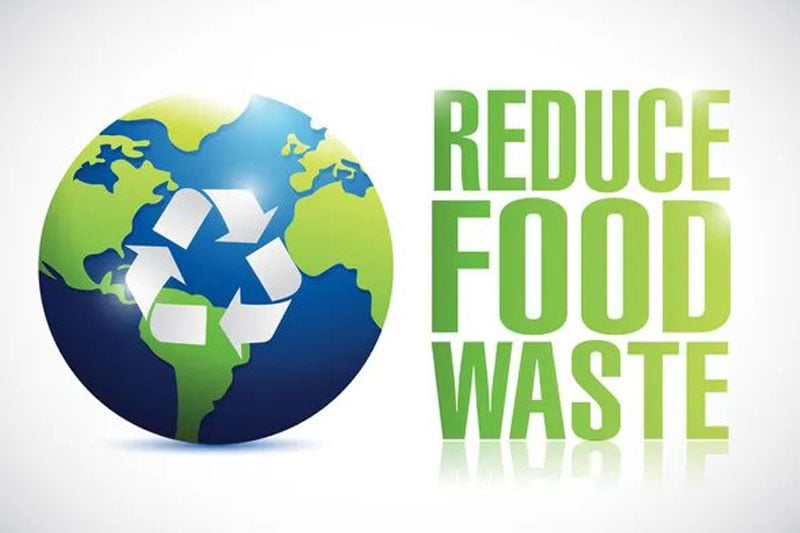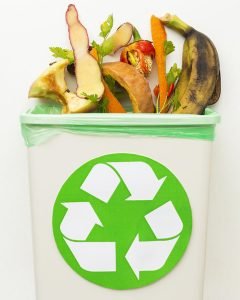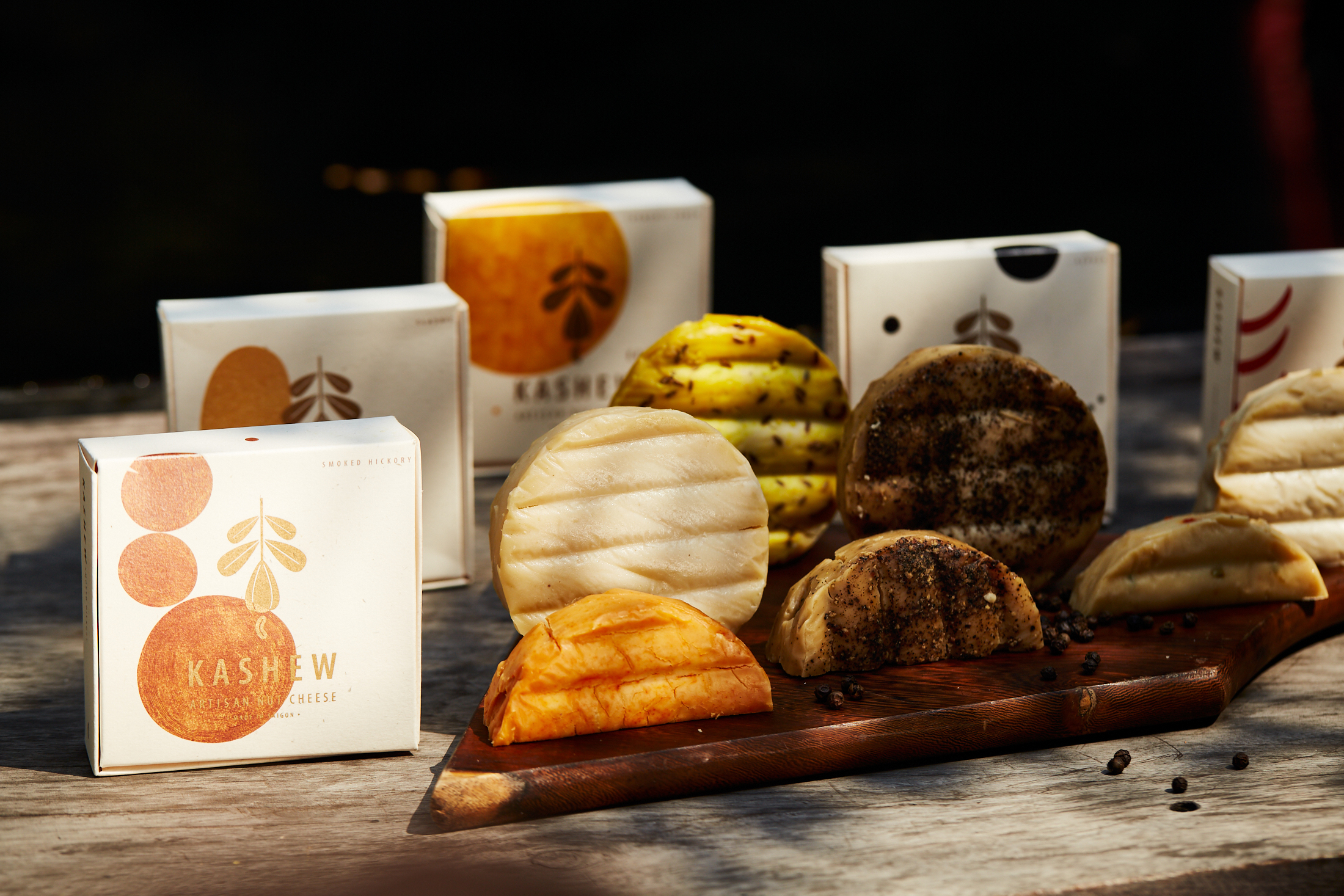Food waste is not only a moral issue, but it impacts our environment as well, and has become the motivating factor for many to start considering how we can each contribute to less or reduce food waste.
In the first part of this blog post we will use the US as an example, could have been any country, but had to pick one. Also there are a lot of stats coming out of the US on the issue.
According to rts the world wastes 1,4 billion tons of food each year. The US alone contributes more than any one country with 40 tons each year. For each person that amounts to the equivalent of 650 average sized apples thrown out each year. Food waste in US landfills is 22% of all municipal solid waste.
Pre-covid it was estimated that 35 million Americans (of which 10 million are children) suffer from food insecurity. Unfortunately with the economic slow-down this number is expected to rise further to 50 million people.
With this rather large amount of people not getting adequate food it begs the question of why we waste so much food. One of the main reasons for food waste is spoilage. This can be real spoilage as in the food has gone bad and become inedible; or simply misreading of labels. 80% of Americans throw perfectly good food because they misunderstand the labels: “sell by”, “use by”, “expires on”, “best before/by”, these labels all tend to confuse people and to be on the safe side we toss the food.
Sell by date: this is an indication for the retailer of when to remove the products from the shelves, allowing the consumer to receive the products when the quality is optimal. The product still has anywhere between days to weeks before it goes bad.
Use by date: This is the date by when the producer guarantees the best quality of the product. This does not necessarily mean that the product is not safe to consume after this date.
Expires on date: it is not the same as the “best before date”. After the expiration date food may not have the same nutrient content as before. Opinions differ on this issues, obviously one needs to pay attention to fresh food such as fish, meat and dairy, but dry products are often still safe to eat after the expiration date.
Best before/by date: it is referring to the quality and taste of the product. The products are still edible by this date and the date is not about food safety but the peak of freshness.
Some leading countries on reducing food waste
We are all responsible for keeping food waste as low as possible. In some countries this movement is driven from people and up into the governments and in other countries from the government down. The leading countries on reducing food waste are:
France: Already back in 2016 the French government banned food waste from grocery stores by law. Grocery stores must donate edible food to e.g. food banks or other charities. A side bonus is that the government also allocated funds to promote sustainable farming and reforestation around the world.
Norway: The Norwegian government and food industry has signed an agreement to cut food waste in half by 2030. Further, consumers are being educated on the label use (as above) and retailers are taking action to donate or discount edible food.
Denmark: “Stop food waste” (Stop Spild Af Mad) is a non-profit which has reduced food waste in Denmark by 25% in just 5 years by a huge collaboration between the government, groceries, the media and the general population (where it all began).
Japan: Unlike the other countries mentioned here, Japan does not have an abundance of farm land, but it does have a serious food waste problem. Early 2000 Japan took action to combat food waste with “Second Harvest” an organization dedicated to redistributing food from groceries to people in need. Further, food recycling laws have been implemented diverting food waste to centers that convert the food waste into compost, animal feed and energy.
The Republic of Korea: in just 4 years The Republic of Korea reduced their waste by 10% or in other words witf 300 tons a day. How, you may ask, a slightly different, but very effective, approach compared to the aforementioned countries: they implemented a recycling fee for food. There are waste bins around the city of Seoul, you drop and pay. The waste is then transformed into animal feed and energy. The project became so popular that it was replicated in many other cities around the country.
Any contribution to fight food waste is needed from all of us, although our efforts may seem small in the grand scheme of things. However, it is often all the small initiatives that grow and combine that make a difference. At ByNature we are proud to say we have very little or really no food waste. What is not sold is generally shared among our staff and the produce that may have wilted during the transport, the banana leaf (transport wrapping) and such are currently residing in our composter.
Source: foodhero
Other related blog post: We Choose To Go Green And Sustainable
Email: info@bynature.vn
Website: bynature.vn





